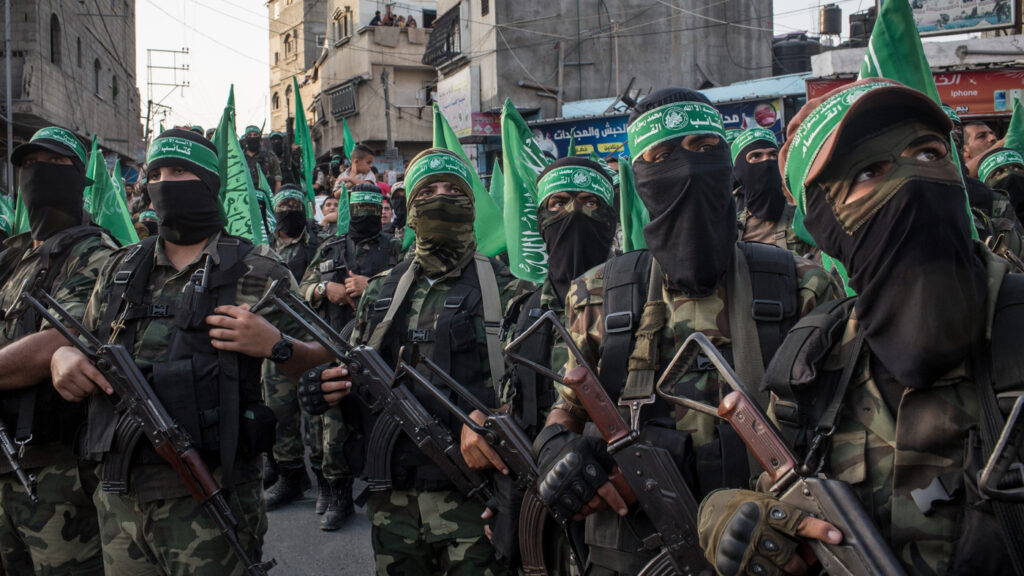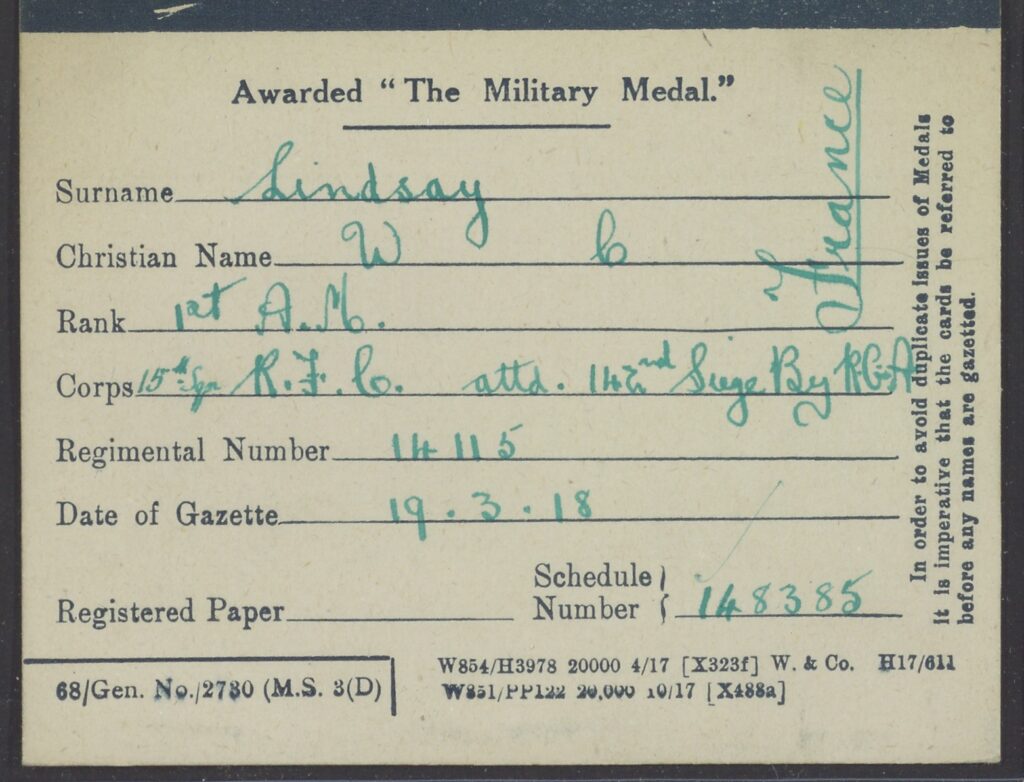GAZA CITY, GAZA- Palestinian Hamas militants are seen during a military show in the Bani Suheila district on July 20, 2017 in Gaza City, Gaza. (Photo by Chris McGrath/Getty Images)
Chris McGrath/Getty Images
hide caption
toggle caption
Chris McGrath/Getty Images
GAZA CITY, GAZA- Palestinian Hamas militants are seen during a military show in the Bani Suheila district on July 20, 2017 in Gaza City, Gaza. (Photo by Chris McGrath/Getty Images)
Chris McGrath/Getty Images
On October 7th, the organization Hamas, which is also the ruling government of Gaza, perpetrated a horrific attack just across the border in Israel. The Israeli government says that the attack killed around 1200 people, most of them civilians. And Hamas also kidnapped hundreds more, including women and children, and took them back to Gaza as hostages. In response, Israel has bombarded and invaded Gaza. More than 11,000 people have been killed, and many more displaced.Since that day we’ve heard from many of you, our listeners, with questions about Hamas. So we took a few weeks to talk to experts on all sides to answer those questions – people who know the history deeply, and have even participated in it.Today on the show: the origins of Hamas, the context in which it developed, and what it represents to Palestinians, Israelis, and the rest of the world.
Guests:
Tareq Baconi, President of Board of Al-Shabaka and author of Hamas Contained: The Rise and Pacification of Palestinian Resistance.
Khalid Elgindy, Senior Fellow at the Middle East Institute.
David Hacham, Senior Analyst at The MirYam Institute and former colonel in the Israel Defense Forces.
Martin Kear, lecturer at University of Sydney, Australia and author of Hamas and Palestine: The Contested Road to Statehood.
This episode has been updated to include attribution from Gaza health officials for death tolls.


